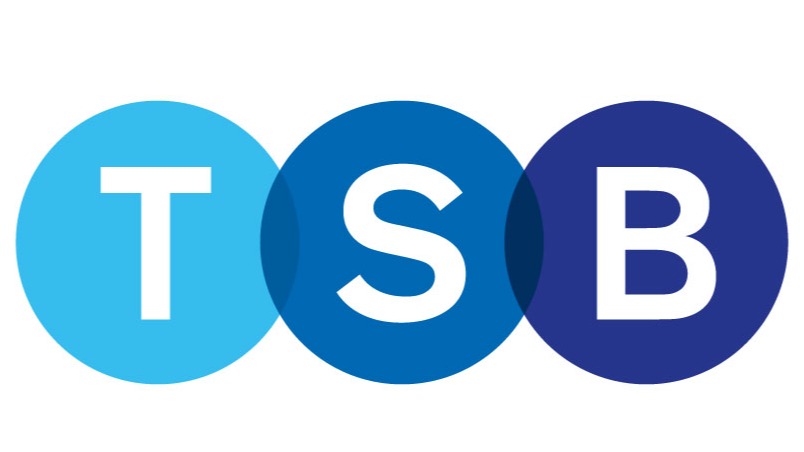UK financial regulators have fined TSB more than £48 million after the bank failed to manage outsourcing risks relating to its IT upgrade programme.
The Financial Conduct Authority (FCA) and the Prudential Regulation Authority (PRA) said that technical failures in TSB’s IT system resulted in customers being unable to access banking services.
In April 2018, the bank updated its IT systems and migrated its corporate and customer services data onto a new IT platform.
While the data was moved successfully, the platform experienced technical failures which led to what the authorities described as “significant disruption” to its banking services, including branch, telephone, online, and mobile banking.
All of the bank's branches were impacted by the IT issues, with a significant proportion of its 5.2 million customers also affected.
The FCA said that it took around eight months for the bank to return to business-as-usual.
TSB has paid out £32.7 million in redress to customers who suffered detriment.
“The failings in this case were widespread and serious which had a real impact on the day-to-day lives of a significant proportion of TSB’s customers, including those who were vulnerable,” said Mark Steward, FCA executive director of enforcement and market oversight. “The firm failed to plan for the IT migration properly, the governance of the project was insufficiently robust and the firm failed to take reasonable care to organise and control its affairs responsibly and effectively, with adequate risk management systems.”
TSB was fined £29.75 million by the FCA and £18.9 million by the PRA. As it agreed to resolve the matter the bank qualified for a 30 per cent discount on the overall penalty.
Without the discount TSB would have faced a combined fine of £69.5 million.
"The PRA expects firms to manage their operational resilience as well as their financial resilience," said Sam Woods, deputy governor for prudential regulation and the chief executive of the PRA. "The disruption to continuity of service experienced by TSB during its IT migration fell below the standard we expect banks to meet."
Latest News
-
Gemini to cut quarter of workforce and exit UK, EU and Australia as crypto slump forces retrenchment
-
Bank ABC’s mobile-only ila bank migrates to core banking platform
-
Visa launches platform to accelerate small business growth in US
-
NatWest to expand Accelerator programme to 50,000 members in 2026
-
BBVA joins European stablecoin coalition
-
eToro partners with Amundi to launch equity portfolio with exposure to ‘megatrends’
Creating value together: Strategic partnerships in the age of GCCs
As Global Capability Centres reshape the financial services landscape, one question stands out: how do leading banks balance in-house innovation with strategic partnerships to drive real transformation?
Data trust in the AI era: Building customer confidence through responsible banking
In the second episode of FStech’s three-part video podcast series sponsored by HCLTech, Sudip Lahiri, Executive Vice President & Head of Financial Services for Europe & UKI at HCLTech examines the critical relationship between data trust, transparency, and responsible AI implementation in financial services.
Banking's GenAI evolution: Beyond the hype, building the future
In the first episode of a three-part video podcast series sponsored by HCLTech, Sudip Lahiri, Executive Vice President & Head of Financial Services for Europe & UKI at HCLTech explores how financial institutions can navigate the transformative potential of Generative AI while building lasting foundations for innovation.
Beyond compliance: Building unshakeable operational resilience in financial services
In today's rapidly evolving financial landscape, operational resilience has become a critical focus for institutions worldwide. As regulatory requirements grow more complex and cyber threats, particularly ransomware, become increasingly sophisticated, financial services providers must adapt and strengthen their defences. The intersection of compliance, technology, and security presents both challenges and opportunities.
© 2019 Perspective Publishing Privacy & Cookies













Recent Stories